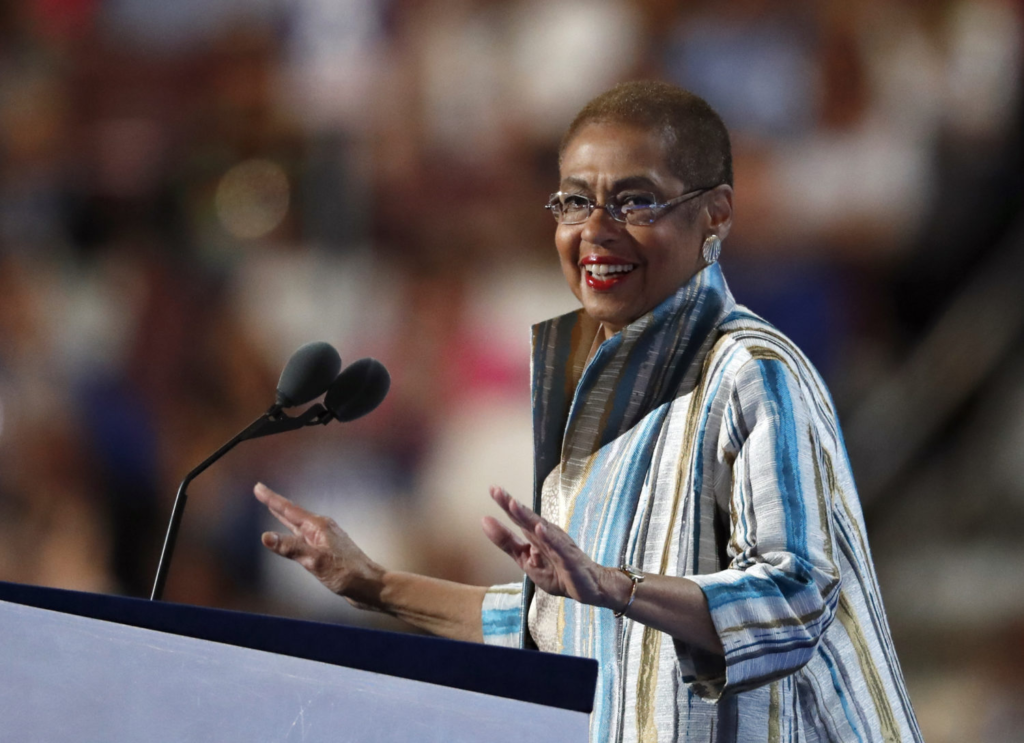DC Statehood Bill Passes House

Image Courtesy of WAMU
By Chris Carey
Here at Catholic University, in the heart of Washington DC, it can sometimes be easy to grow detached from the life and culture of the vibrant city itself. In the University’s own backyard there are incredible testaments to the rich history of the nation’s capital. Now a new era in its history begins, as the United States House of Representatives passed a bill last Thursday that sends the District on its way to statehood.
Passing along strict partisan lines in the House of Representatives with a 216-208 count, H.R. 51 (or the Washington, D.C. Admission Act) introduced by DC’s own non voting member of Congress, Rep. Eleanor Holmes Norton (D), would change the city’s official status to that of the 51st state in the Union.
D.C. statehood is a highly controversial topic that Republicans claim would tip the balance of Congress in favor of the Democrats and that would allow for the neutral seat of government to become partisan, something that the founding fathers had strictly warned against.
Those in favor of the move toward 51 states argue that the provision in H.R. 51 to create a federal zone encompassing the Capitol, parts of the National Mall, and the area near the White House would be sufficient to hold the seat of government in an impartial manner while subsequently enfranchising the nearly 700,000 citizens of Washington, D.C.
Another argument in favor of the change is that of population. Washington, D.C. holds more individuals than both Vermont and Wyoming, and has approximately the same population as that of Hawaii when it was incorporated into the Union in 1959.
Additionally, in a 2016 referendum vote in the city, 86% of those who voted were in favor of incorporation into the Union as a state. The city’s current status is somewhat ambiguously balanced between that of a territory such as Guam or Puerto Rico and that of a state, which was evident during the coronavirus pandemic when federal aid to D.C. was handled very similarly to that of those territories.
Further, the white supremist terrorist attacks on the Capitol complex on January 6 exposed some of the public safety concerns that Washington, D.C. may have due to its current charter. Because Mayor Bowser is not a governor, she was incapable of immediately putting the National Guard into action. Because the Metro Police had to patrol the city itself, they were incapable of dropping all other assignments and rushing to the Capitol.
The tricky status of the city allows for these sort of gray area situations which can turn deadly.
The legislative action is unlikely to pass the Senate in its current form due to the need for a two-thirds, not a simple majority, when passing in the Senate. President Biden has voiced support for this action, but with the chamber split 50-50, D.C., barring an act of God, will not be likely to see statehood any time soon.







